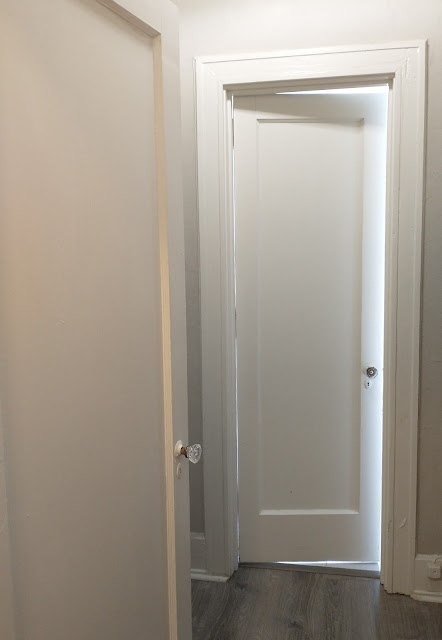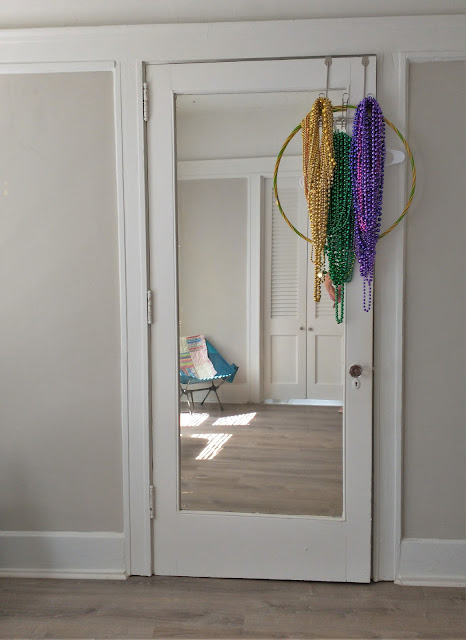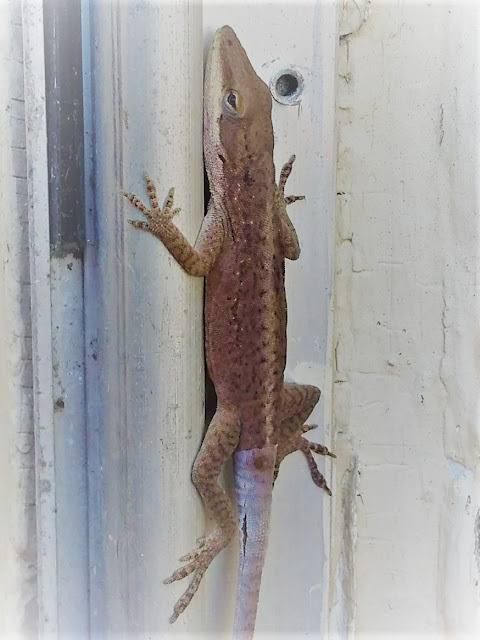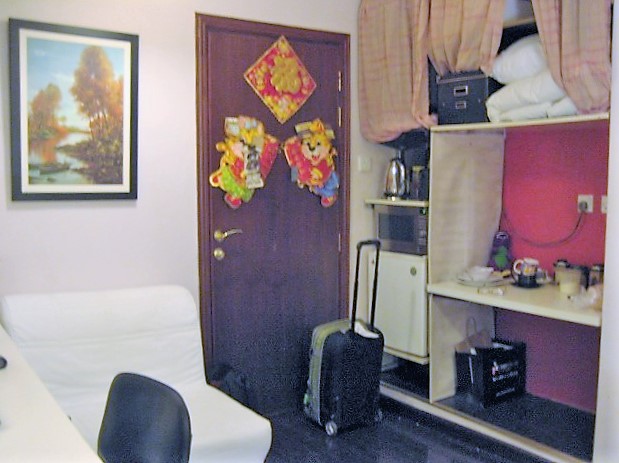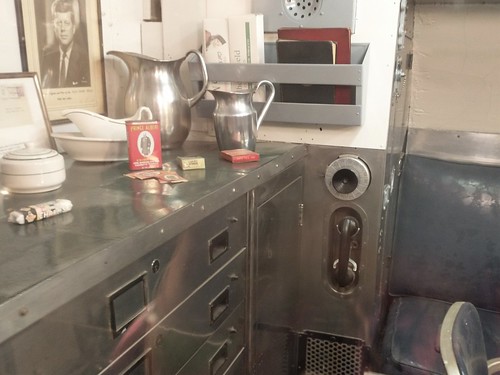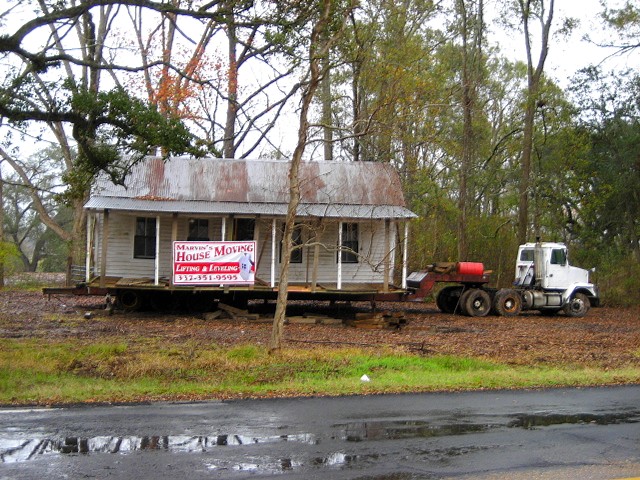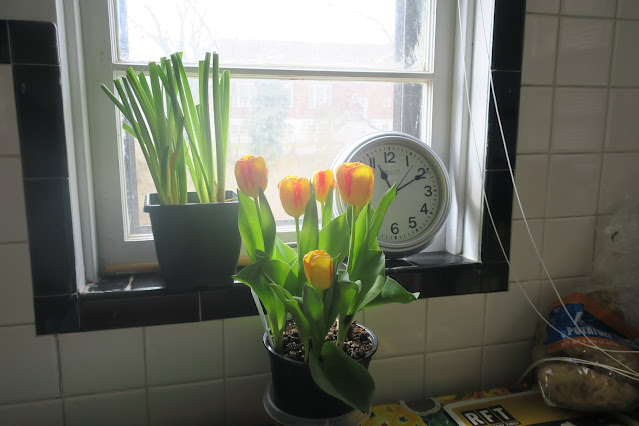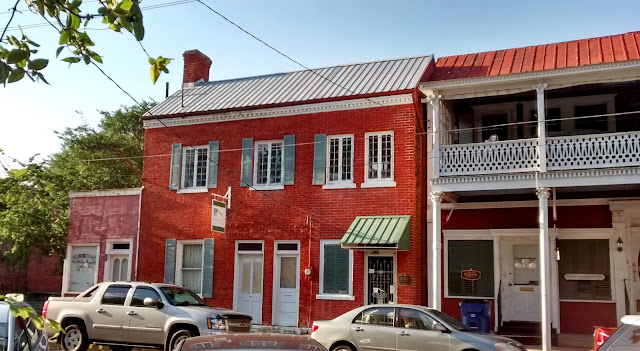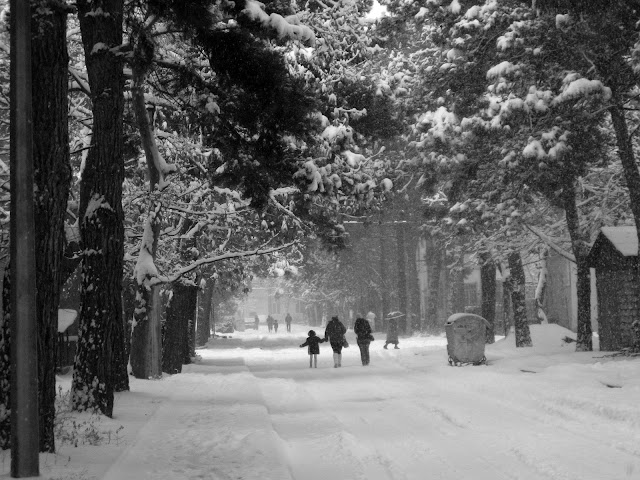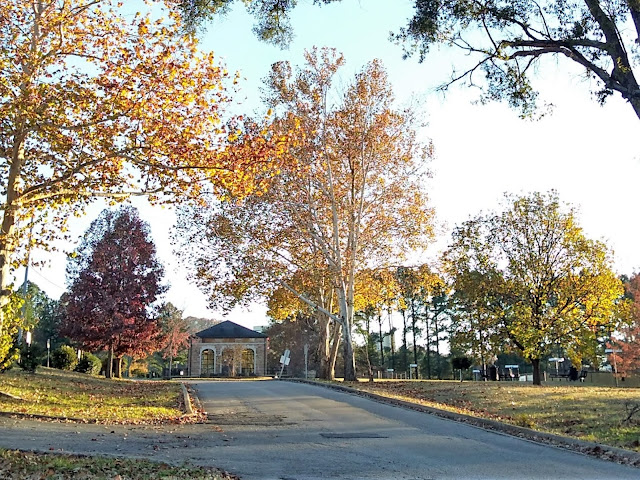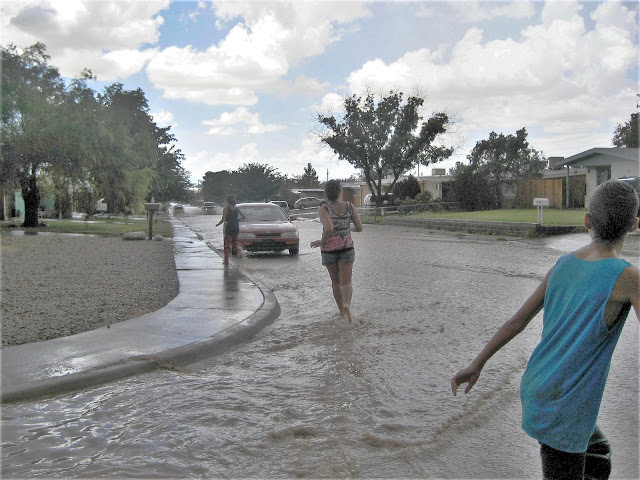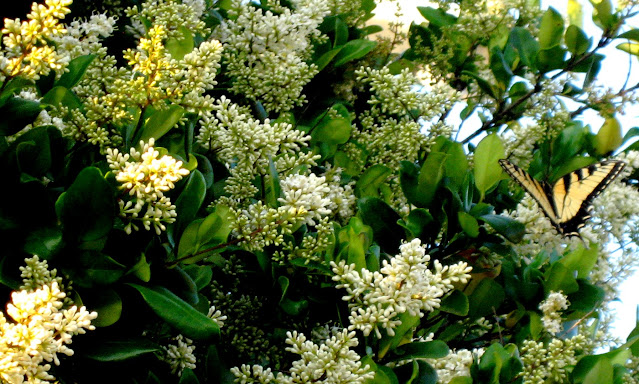Original post here. There are comments in the original posting.
[Caucasus] Georgia: Teaching While Black
 |
| "You are being rude to a guest in your country!" |
Introduction
As in the U.S. and every other country on the globe, racism exists in [Caucasus] Georgia.
I wish Georgia would simply acknowledge this fact, and own it, but just
as we do in America, Georgia discounts and dismisses the existence of
racism.
In Georgia, the discounting sounds like this:
- Georgians are curious
- Because of long-time Soviet rule, Georgians have 'extreme interest' in people different from themselves
- Georgian is a difficult language, and one might think a Georgian is being offensive when he really isn't
I accept all of the above.
But black teachers in Georgia sometimes experience things that fall
squarely in the racism category, and I believe prospective teachers who
are black need to know what to expect so they can make an informed
decision about coming here.
The universal experience
If you come to Georgia to teach, and you're black, you'll experience what all teachers experience :
- Great and beautiful times;
- Kindness, generosity, and hospitality from Georgians;
- Home-stay challenges that all teachers encounter in various shapes and sizes;
- Freezing in the winter and sweating in the summer; and
- Teaching pleasures and frustrations.
In fact, one black colleague told me, "
I have never felt like I was anything other than a beautiful princess."
The black experience
You will frequently be the subject of:
- Staring and heads turning as you go by
- Laughter - sometimes friendly, sometimes mocking
- Strangers asking for a photo with them and their friends or family (including babies being placed in your arms)
- Photos being taken of you without your permission
Generally speaking, my colleagues take the above in stride, depending on
the perceived tone and friendliness of the folks doing the staring,
etc. But there's a cumulative effect, and it does wear over time.
I'm white, and the closest experience I have of this is when I went to
Ethiopia - I sometimes felt that I had to put on the armor before I went
out, because I was always the person who looked and sounded different,
always prompting attention - and some days I just didn't want to have to
do that. It didn't matter that the attention was benign.
Black teachers in Georgia have also experienced the following:
- Referred to as 'monkey' or 'gorilla;'
- Referred to as 'nigger' and 'zangi' (more on these words below)
- Sexual harassment in public venues and circumstances, e.g. from a
pharmacist, in front of other customers, while buying medication. Sexual harassment is not exclusive to black teachers by any means, but it seems to be more public or more aggressive with my black colleagues.
- Physical intimidation
One white colleague who looked Georgian, but is not, received derisive
comments from Georgian men when she walked with a black colleague. The
Georgian men presume she is a Georgian woman in a romantic relationship
with the black teacher.
Some of my white colleagues have heard their English-speaking, Georgian
acquaintances share their prejudices about people who are black.
Some host families specify they don't want black teachers.
The darker a teacher's complexion, the more frequent and intense is the attention from Georgians.
Surprisingly, black teachers tend to experience
more intense behaviors in the large cities than the towns and villages.
'Zangi' and 'nigger'
When I first heard a Georgian (a woman in her 20s) use the word 'nigger'
(within 3 weeks of my arrival in Georgia), I was shocked. When I asked
her about it, she said it was simply how Georgians pronounce the word
for the country of Nigeria, and that they tended to refer to all black
people as from Nigeria ... 'nee-gare." Then a week later, when I heard a
man in his 20s say the same word when a black university student walked
by us on the street, I asked him about it. He said, oh, it's from the
Russian word for black. Another person told me it was the Georgian
pronunciation/twist on 'negro.' Later, it was explained to me that
Georgians use it because of the rap songs they listen to. Note that I
didn't initiate any of these conversations - I heard Georgians use this
word when referring to black students or tourists.
The word 'zangi' is a puzzle. On one hand, English speakers are told it
doesn't mean anything derogatory. On the other hand, we're sometimes
told it means 'nigger,' which, if any of the above explanations are
true, it
isn't a derogatory word.
Despite the protestations, though, there is something - difficult to put
one's finger on, that has to do with the tone of voice, who says it
(such as adolescent, smart-ass boys), the circumstances - that smacks of
malignancy in 'zangi.'
The common denominator of all of the above is the universal claim there
is nothing malicious meant by either of the words. In a culture where
it's OK to refer to students as 'stupid' and 'lazy,' maybe this is true
in an inside-out, Daliesque way.
Not all black teachers will hear both words. For example, one of my
colleagues of color never heard the word 'nigger' during her entire year
in Georgia, while for a period, it seemed I heard it used every few
days.
Should I come to Georgia if I'm black?
Georgia, at times, is an intense and surprising place for everyone, and
stuff related to complexion is just one variable among many.
Only you know if you should come to Georgia.
I recommend that you seek out past and current teachers of color in Georgia and ask them about their experiences.
I think you'll find there's a continuum of negative experiences (from
severe to mild) and the way teachers responded to those experiences.
Some teachers experience only occasional annoyances while others are the
subject of quite troubling incidents.
If you come: Strategies
If you do come - with your eyes open - then I suggest these strategies:
Don't suffer in silence! Let jerks know, in the moment, that you will
not tolerate their rude behavior. One of my colleagues asked her hostess
to write the note pictured at the top of this post. Her experience was
that when she called people on their behavior (in her case, it was
mostly adolescent boys in a group), nearby Georgians supported her,
either by chastising the offenders themselves - after she did so - or by
letting her know they agreed with her response.
Georgians respect strong people.
Report all incidents to TLG even if you don't expect/want TLG to do
anything about them. The point is for TLG to get a realistic picture of
how often black teachers experience negative, race-related attention.
Currently, TLG's official position seems to be that racism does not
exist in Georgia.
If you do expect TLG to do something, be clear about what you want.
For the most part, TLG is helpful.
But if you think, for example, your regional representative is
ineffective, go over her head and talk to "corporate" in Tbilisi. And if
that person doesn't take you seriously, go up the line. Be persistent.
Don't isolate yourself - grab on to a buddy to share your experiences
with. That person can help you keep things in perspective, to laugh, and
also to tell you when to take things seriously and do something about
it.
If you decide to come, I hope you have a grand adventure! Georgia has a
lot to offer - and most Georgians feel embarrassed when they hear about
the bad behaviors of some of their fellow citizens.





